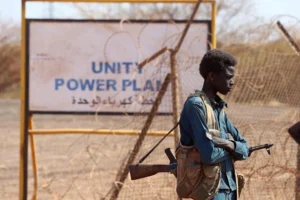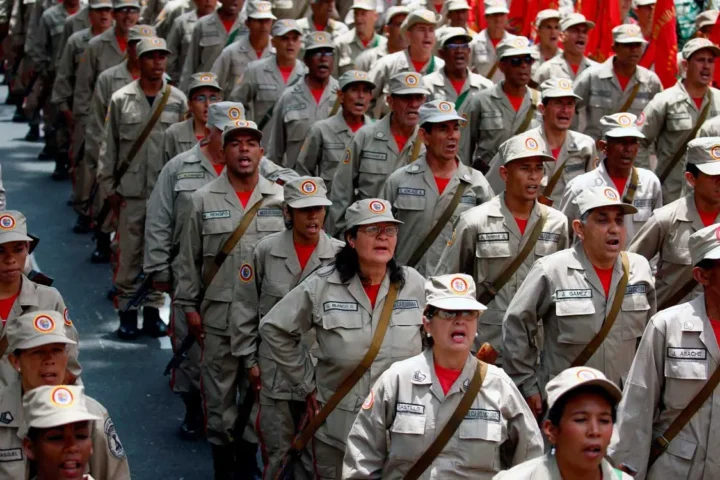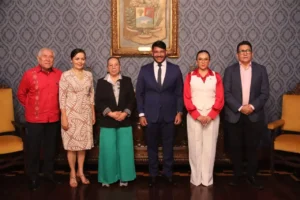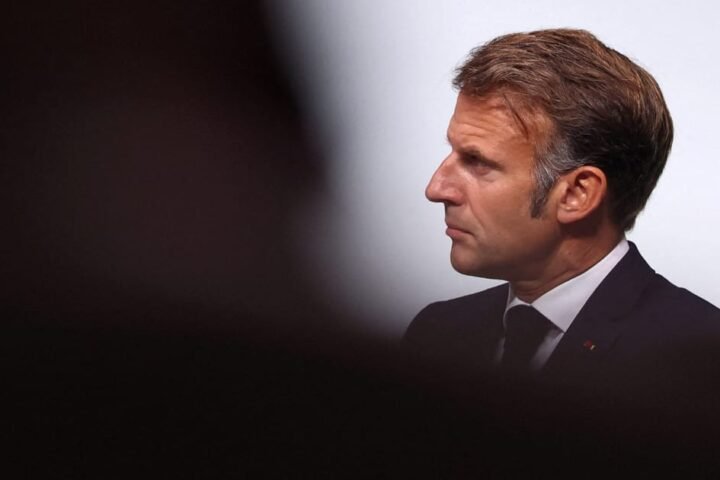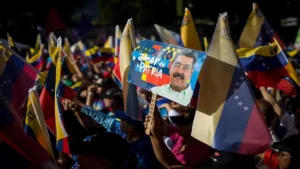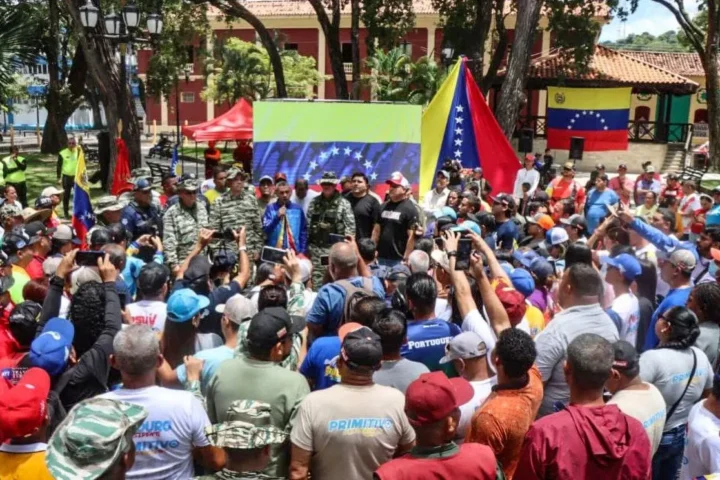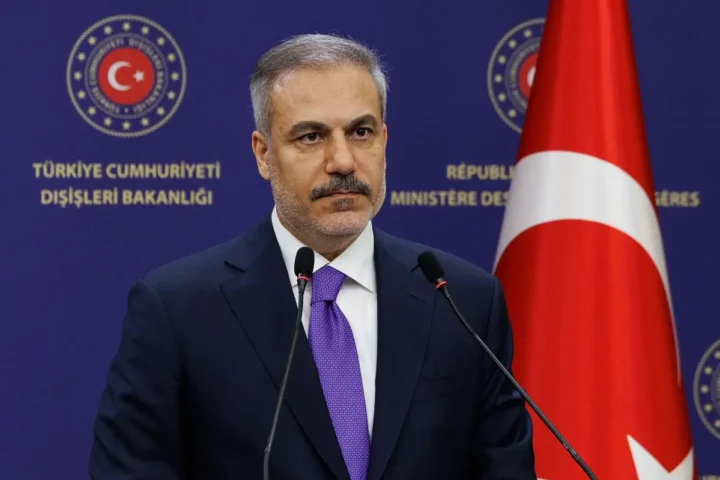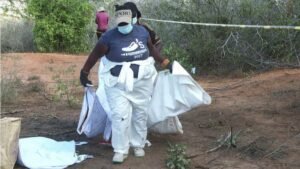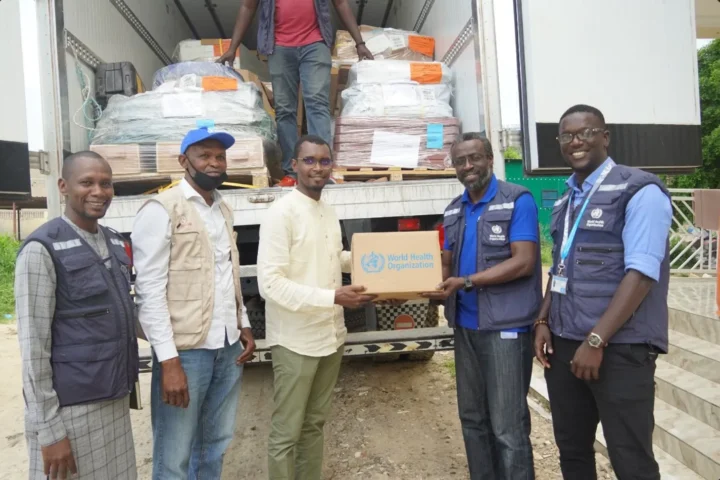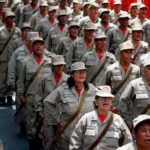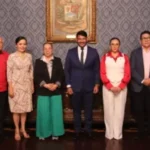Violence Erupts in South Sudan, Threatening Fragile Peace Accords
Fighting between South Sudan’s army (SSPDF) and the Sudan People’s Liberation Army-in-Opposition (SPLA-IO) has flared up, reigniting concerns over the nation’s precarious peace process. The clashes, which occurred over two days, have resulted in the deaths of one rebel fighter and two soldiers, as reported by various sources, raising alarms about the stability of the 2018 Revitalized Agreement on the Resolution of the Conflict in South Sudan (R-ARCSS), reports 24brussels.
The SPLA-IO accused government forces of initiating attacks in Western Equatoria and Upper Nile states. The opposition argues that these actions contravene the peace agreement aimed at resolving the conflict between President Salva Kiir and former deputy Riek Machar.
Tensions have escalated since March when military operations reportedly targeted civilian areas, further complicated by allegations of Ugandan support for the government troops. Machar, currently serving as vice president due to the power-sharing arrangement, was detained in March after criticizing Uganda’s involvement—an act the UN cautioned could jeopardize the peace process.
Recent skirmishes in Longechuk County, Upper Nile, and Yei River County have claimed at least 17 soldiers’ lives, with both factions exchanging accusations. SPLA-IO spokesperson Col. Lam Paul Gabriel stated that government forces attacked their positions, while SSPDF officials declared their actions were in self-defense.
Amid these developments, observers and civil society leaders are calling for immediate de-escalation of hostilities. Ter Manyang Gatwech, director of the Centre for Peace and Advocacy, emphasized the need for a return to dialogue, asserting, “There is no military solution to political disagreements. The people of South Sudan deserve lasting peace, not renewed violence.”
The violent clashes also highlight ongoing delays in implementing key aspects of the 2018 accord, including security arrangements, constitutional reforms, and transitional justice measures, which are crucial for ensuring a long-term peace in South Sudan.
